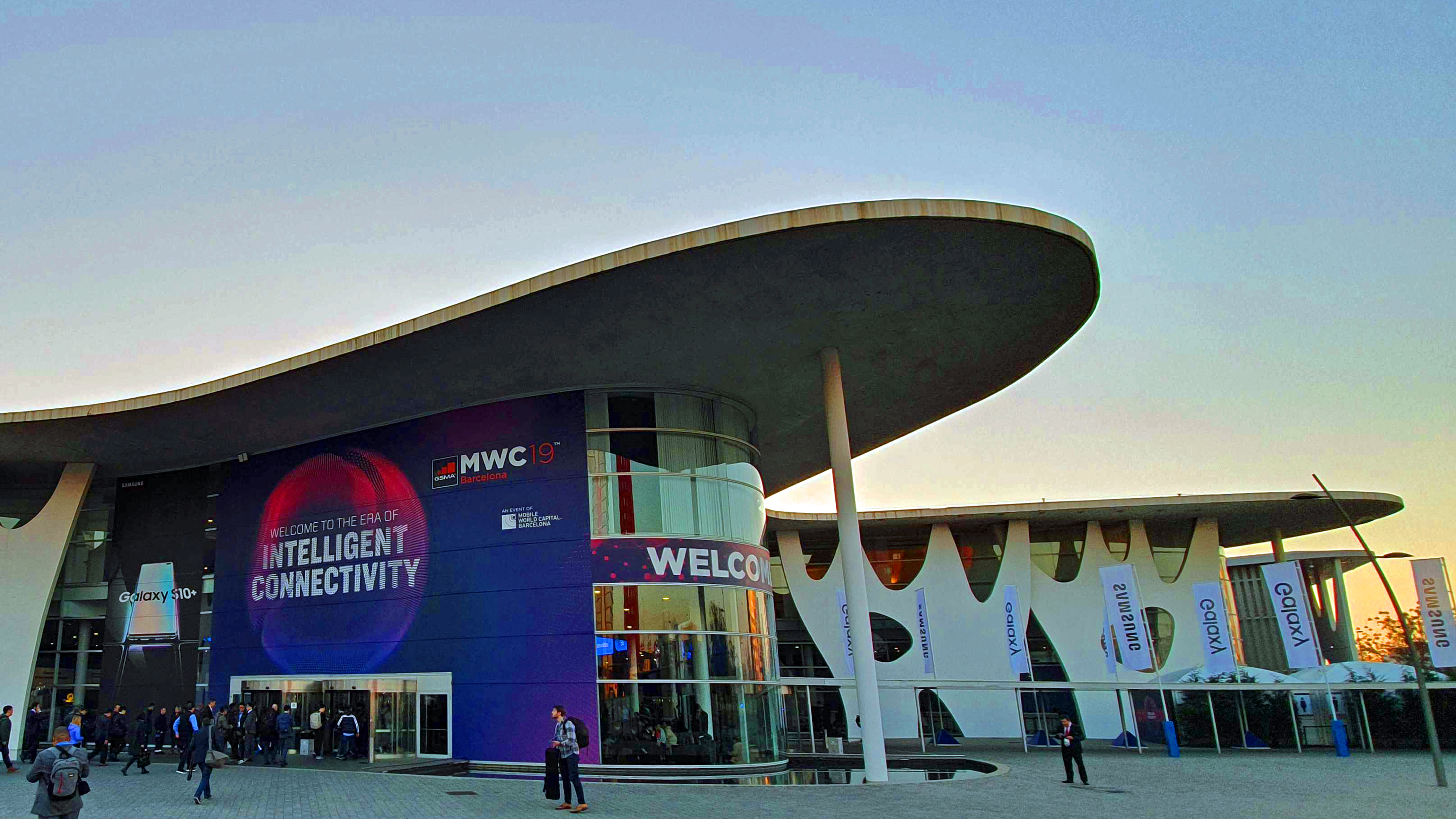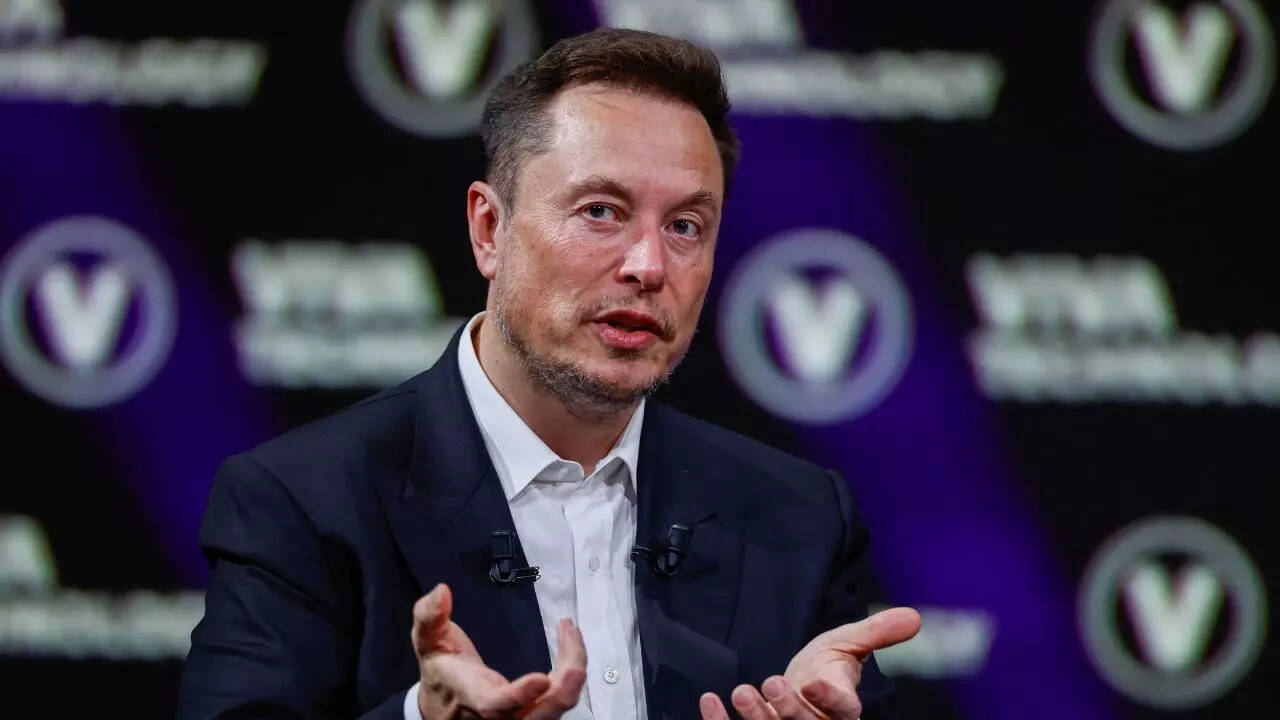- TECHSWU
- Posts
- TECHSWU
TECHSWU


QuantumScape is making waves in the electric vehicle (EV) market with its groundbreaking solid-state battery technology that allows cars to charge to 80% in just 15 minutes! This innovation addresses one of the biggest hurdles to EV adoption: charging time. By pairing this speed with enhanced safety and longer lifespan, QuantumScape is set to redefine how we view sustainable transportation.
The company aims to collaborate with leading automakers to integrate these batteries into future EV models. Though challenges in mass production remain, analysts see immense potential for widespread adoption.
With consumers likely to enjoy lower maintenance costs and quicker charging, QuantumScape's breakthrough isn’t just a technical marvel—it signifies the dawn of a new era in eco-friendly travel.

In a bid to enhance child safety online, Apple has rolled out a new age assurance feature that allows parents to share a child's age range with app developers, while keeping their personal information private. This innovation, dubbed the "Declared Age Range," focuses on striking a balance between protecting young users and maintaining privacy.
With legislative discussions heating up around stricter age verification laws, Apple’s approach aims to limit data collection and foster age-appropriate content in apps. While some tech giants like Meta criticize this method for shifting responsibility onto users, Apple argues it’s a necessary compromise.
The revamped App Store now also employs a five-tier age rating system to better filter content. This proactive step by Apple sets a precedent for digital safety, but it still raises questions about whether more stringent measures are needed to safeguard children online.
The debate over responsibility in age verification is far from settled, with eyes on Apple and the wider tech industry.

MWC 2025 has set the tech world buzzing in Barcelona, showcasing an impressive array of innovations beyond just smartphones. TechRadar’s dedicated team is on-site, delivering the latest highlights, which include mind-bending products like Lenovo’s solar-powered laptop concept and Honor’s commitment to providing seven years of software updates for its flagship phones.
The Honor Watch 5 Ultra dazzles with a titanium casing and robust health features, while the Honor Earbuds Open take an unusual approach by resting on the ear rather than entering it. Emerging themes include HMD's thoughtful Fusion X1, designed for teens with parental controls, and Honor's rebranding as an “AI device ecosystem company.

The U.S.
Army's new AbramsX tank represents a bold leap into modern warfare, blending traditional armored might with cutting-edge drone technology. Unveiled by General Dynamics in response to lessons learned from the ongoing Russia-Ukraine conflict, this next-gen tank features a sleeker design with a reduced crew size and an innovative unmanned turret.
Among its weaponry is the XM914 30mm remote weapon system, enhancing its ability to engage targets at night and penetrate advanced armor. But it's not just about defense; the AbramsX can also unleash drone strikes using four Switchblade 300 loitering munitions, turning it into a formidable "drone mothership.
" While not officially adopted by the Army yet, the AbramsX showcases a vision for the future of armored warfare, emphasizing the need for adaptation in a rapidly evolving battlefield landscape.

Is the reign of tech monopolies coming to an end? With the escalating regulatory scrutiny and a wave of innovative startups in 2025, the grip of tech giants like Google, Amazon, and Facebook is under serious threat. After years of dominance, these companies are now facing challenges from tighter regulations aimed at dismantling anti-competitive practices and fostering fair competition.
A new breed of competitors powered by blockchain, AI, and decentralized platforms is enticing consumers who value transparency and ethical practices. As the tech landscape shifts, public demand for privacy and responsible practices is transforming consumer preferences, with more individuals opting for alternatives.
..
and it’s not just about tech anymore; even traditional sectors like banking are jumping in with competitive tech innovations. While tech monopolies still hold immense power, their monopoly days may very well be numbered as we embrace a more decentralized, diverse, and dynamic marketplace.

In a thought-provoking appearance on "The Joe Rogan Experience," Elon Musk ignited a firestorm of debate by labeling the U.S.
Social Security system as "the biggest Ponzi scheme of all time." He argues that the program's pay-as-you-go structure, alongside shifting demographics—like increasing life expectancies and declining birth rates—renders it financially untenable.
Musk highlighted that current workers support retirees directly, creating a system where future obligations far exceed tax revenues. While his comparison to a Ponzi scheme drew sharp criticism from some advocates who argue for the program’s integrity, supporters echoed concerns about its sustainability.
Musk's remarks have reignited discussions on potential reforms, such as raising taxes or adjusting retirement ages, stirring both political and public discourse around Social Security's future in an ever-evolving socioeconomic landscape. One thing is clear: Musk isn’t shying away from shaking up a complex issue that has implications for millions.